
Understanding Colon Cancer
Let’s dive into the world of colon cancer—a significant health concern that affects countless lives. Colon cancer ranks as the third most common cancer-related cause of death in the United States. Colon cancer takes root in the large intestine affects 1 in 23 men and 1 in 25 women at some point in their life. In this article, we’ll learn about colon cancer, explore its signs and symptoms, delve into its root causes, understand treatment options, and arm you with natural strategies to support your well-being.

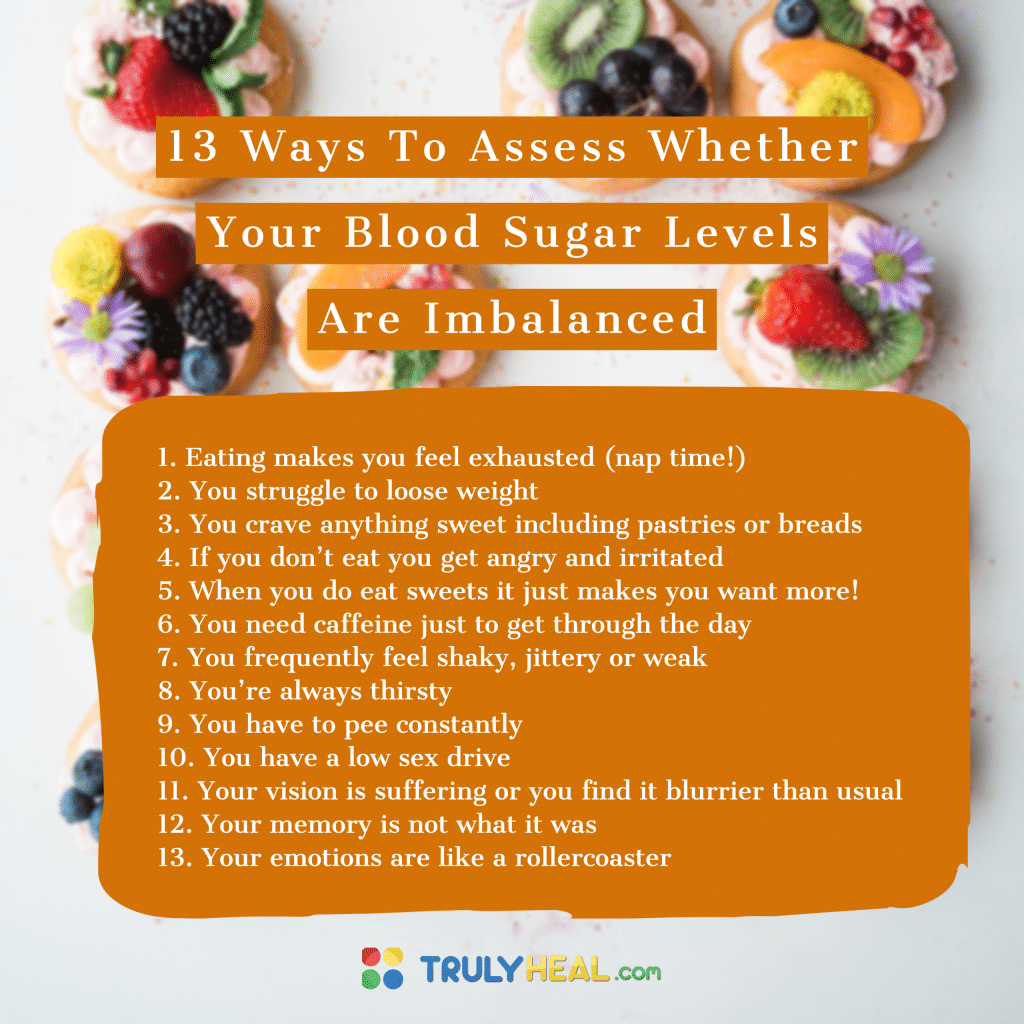
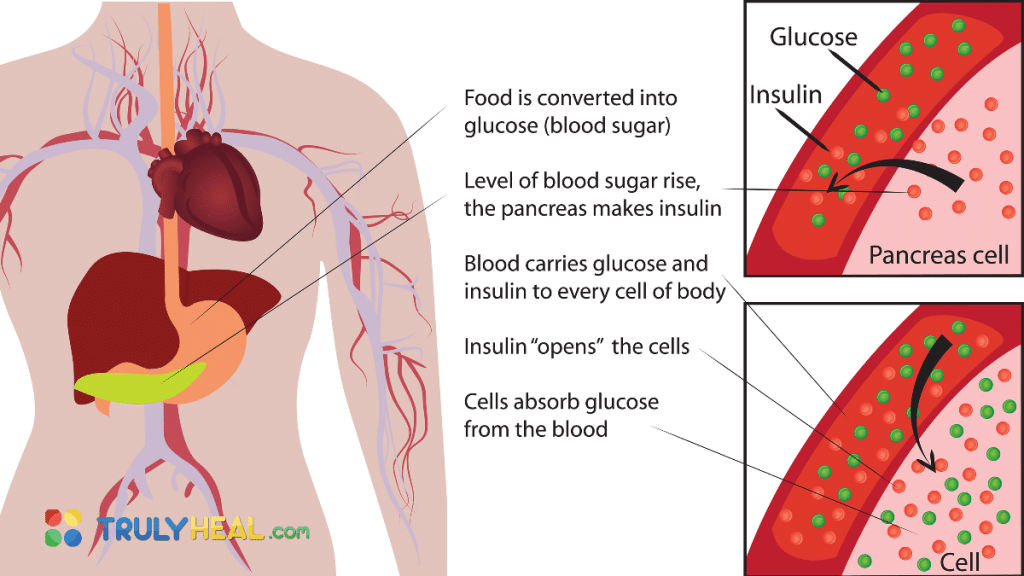
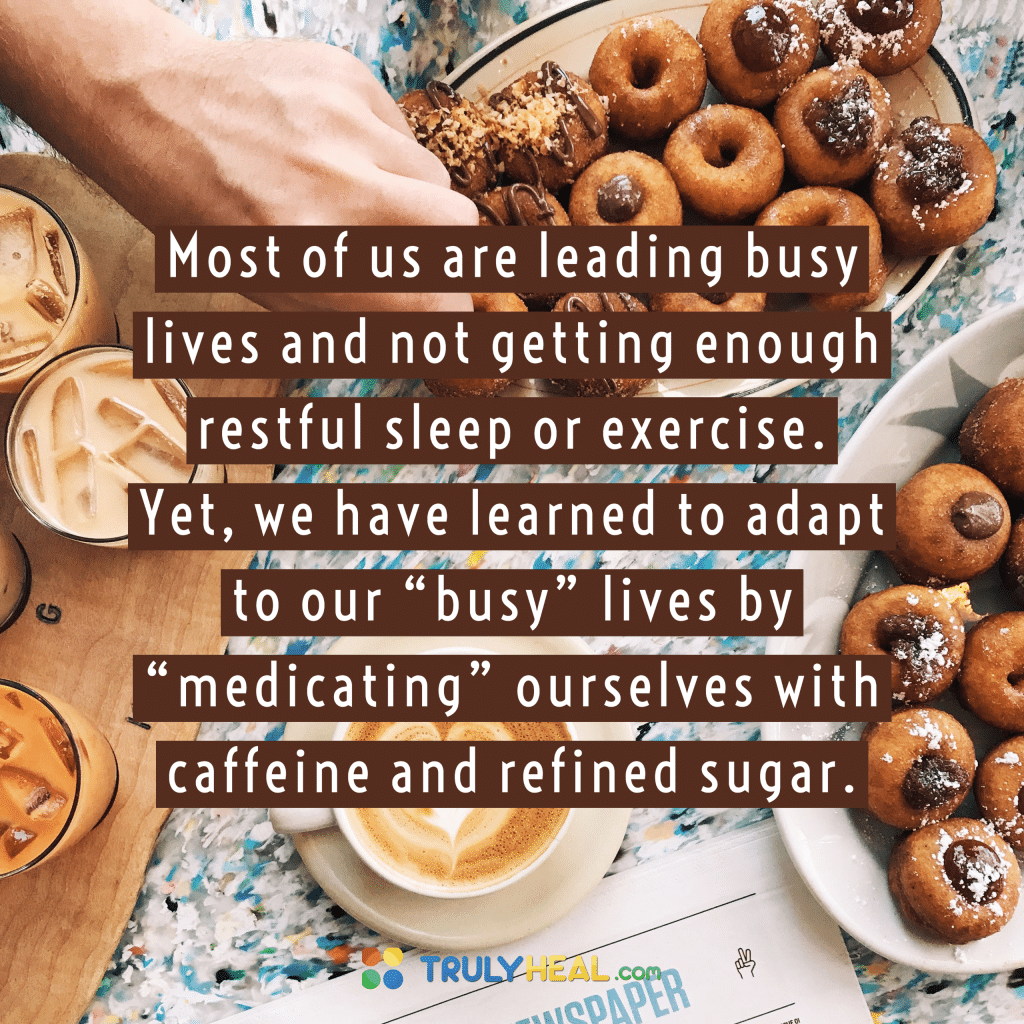
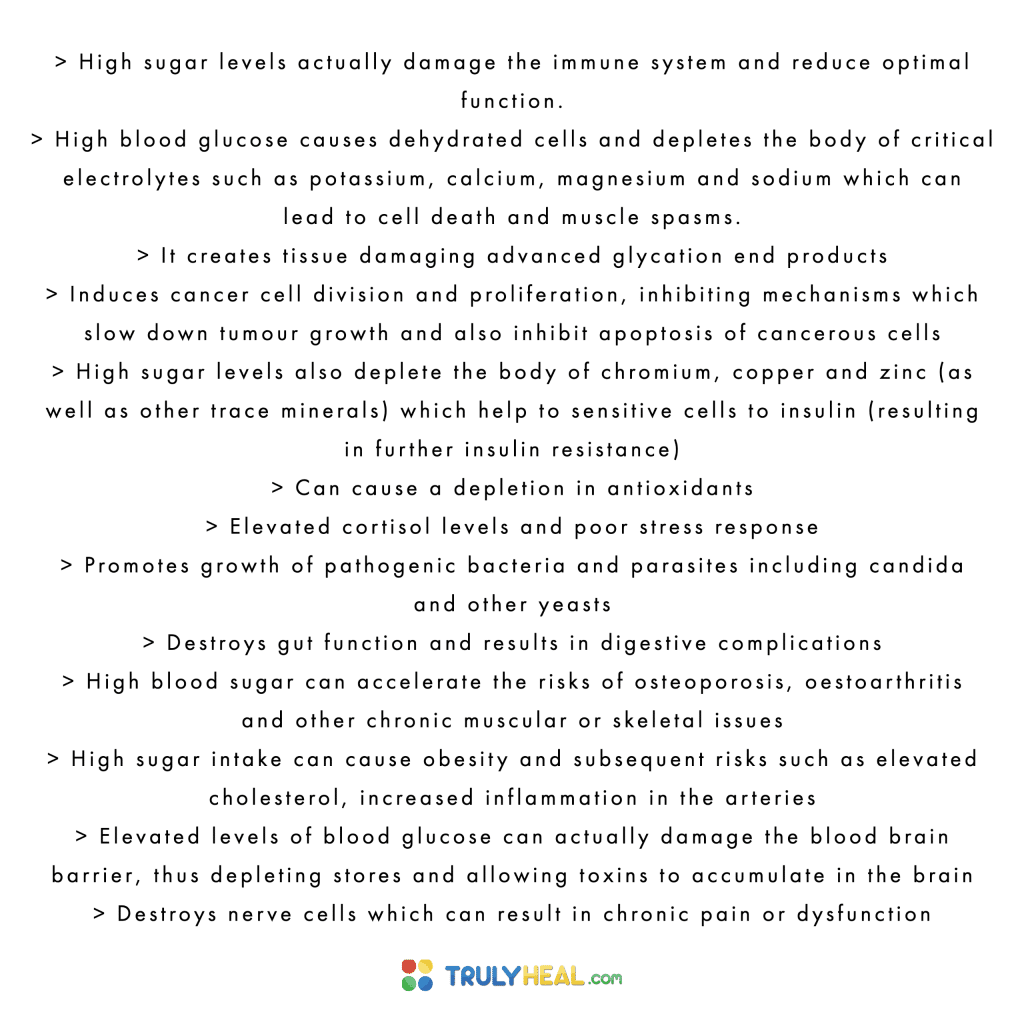
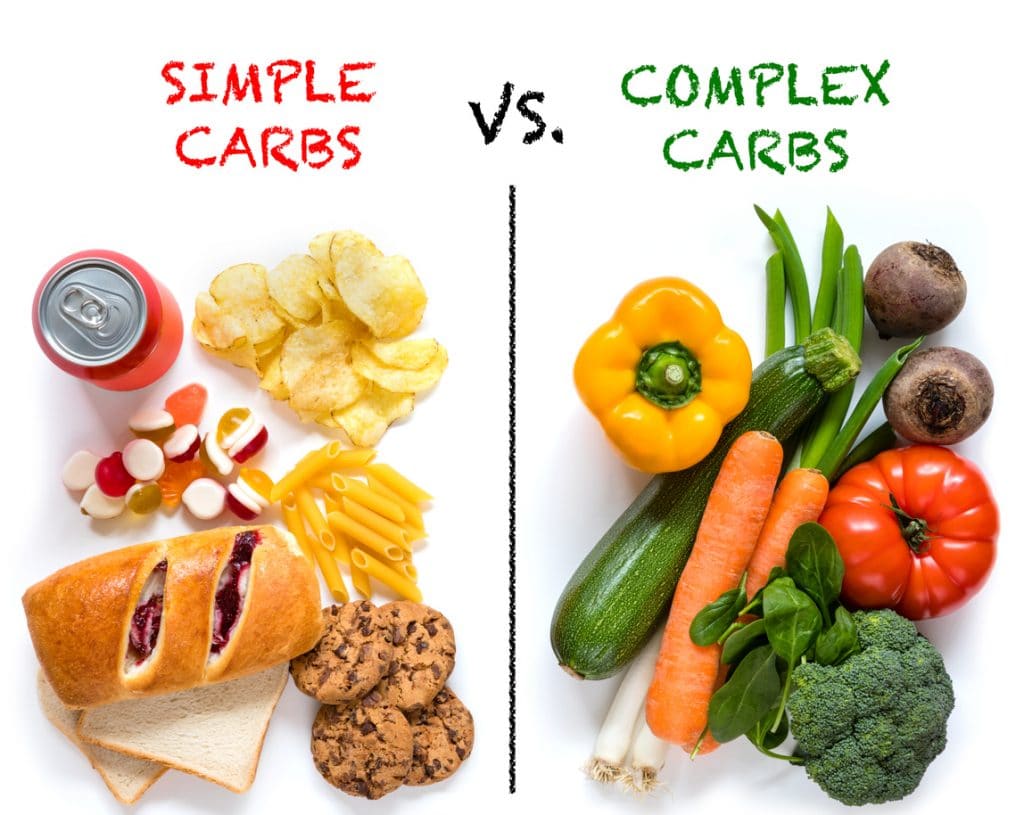



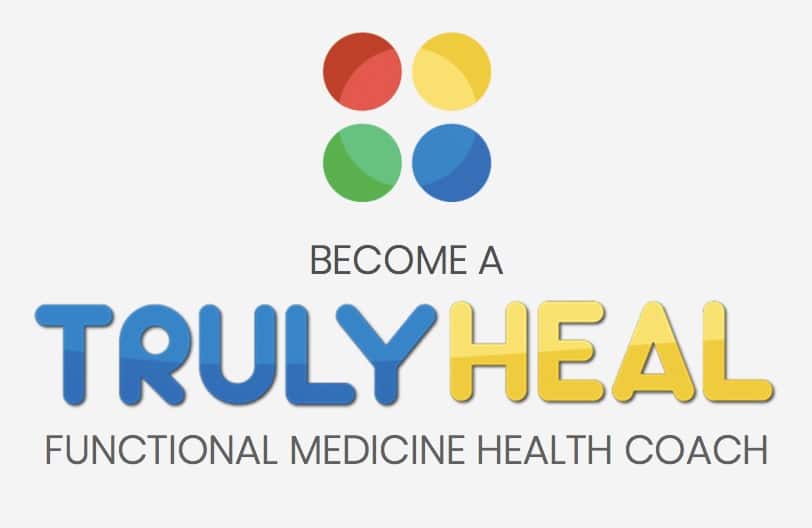
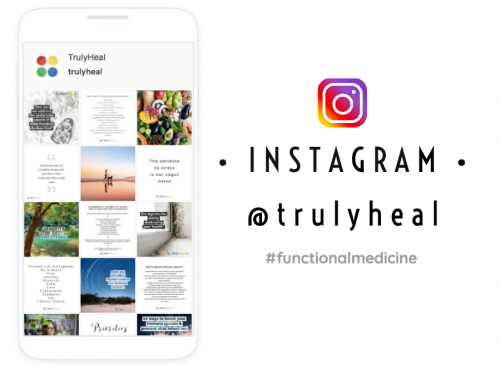

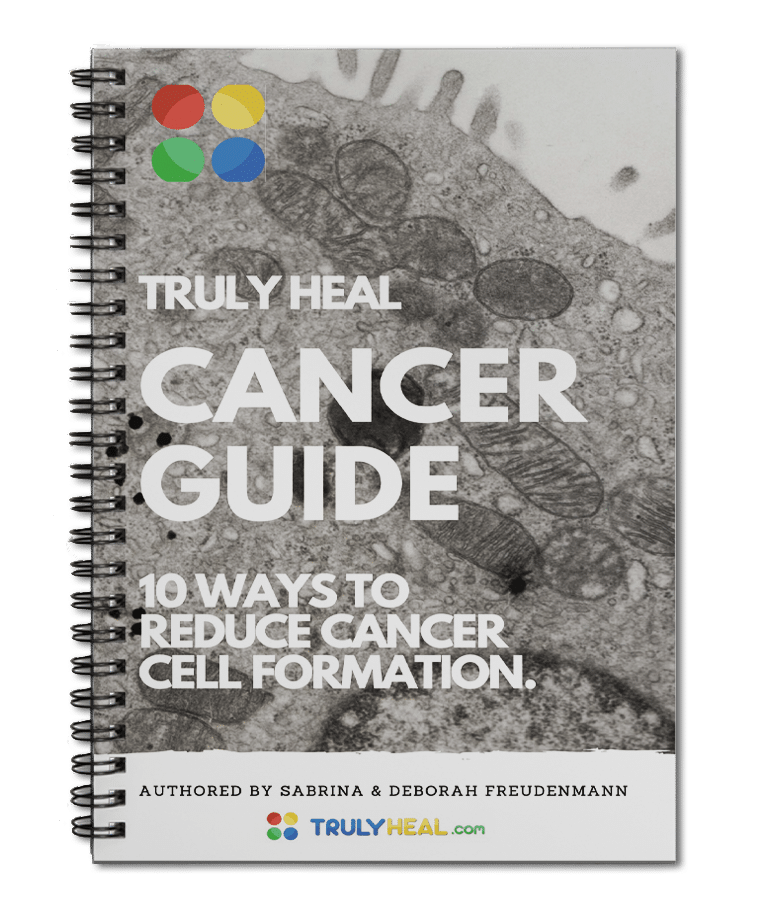
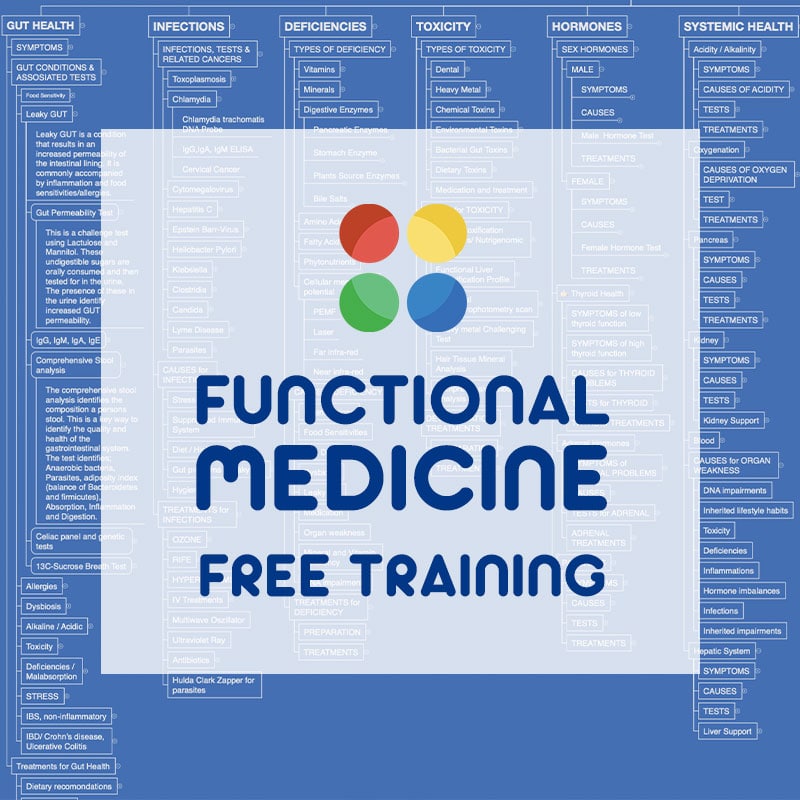


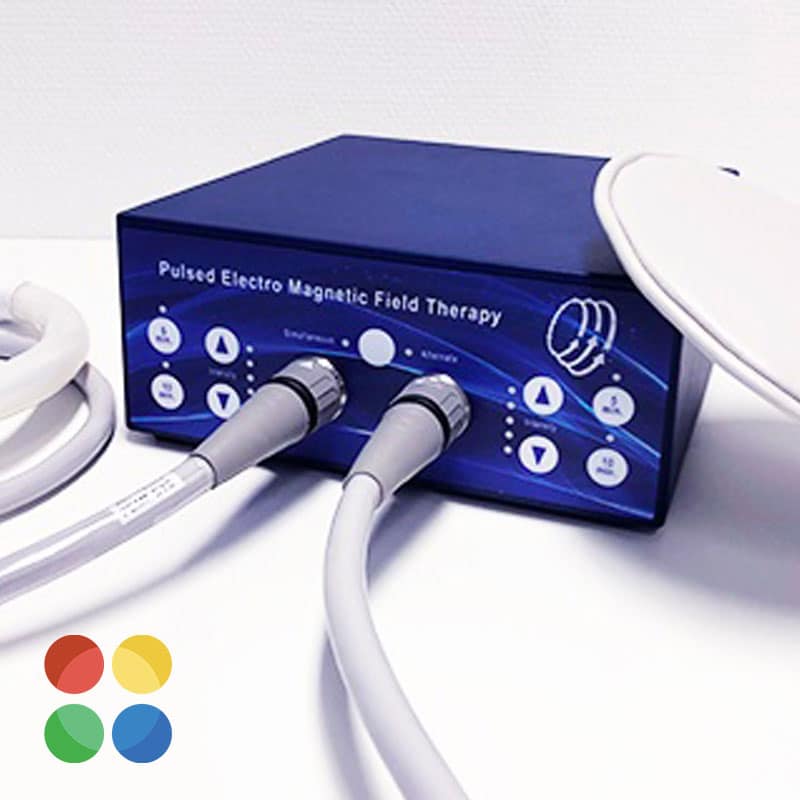

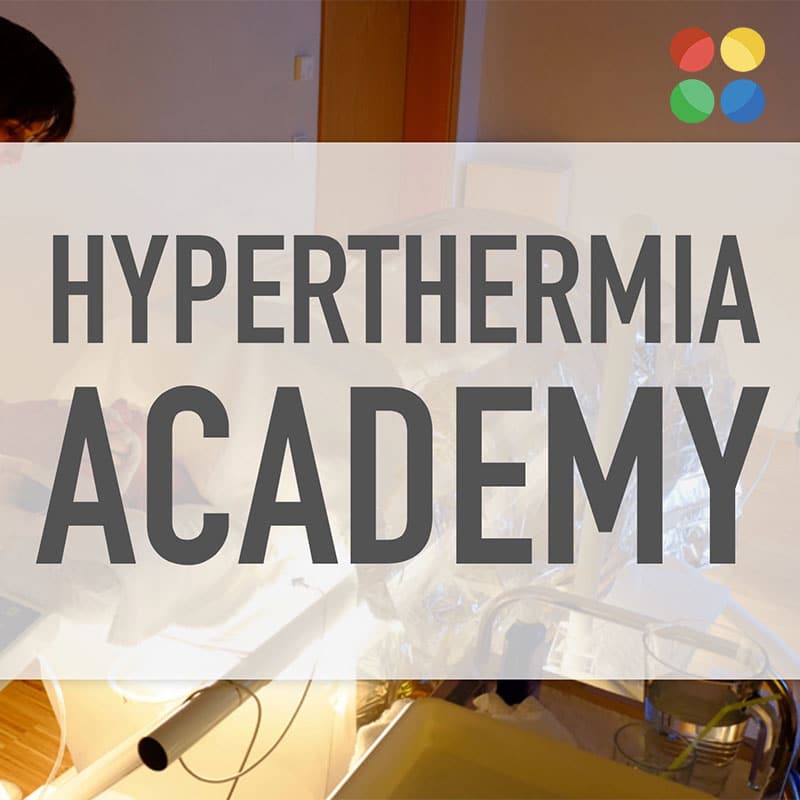

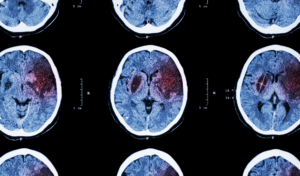
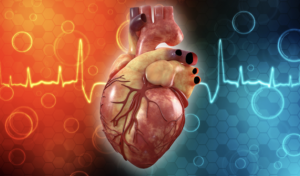
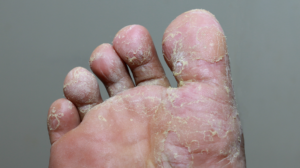

3 Responses
Congratulations on a great article, it was very informative and eye opening to my husband who never listens or believes me, when I warn him of all his bad coffee and chocolate habits
Maybe now he will “OPEN” his darn ears and actually listen to me (ha ha, I wish)
Thank you Lynne! Haha everything in moderation – life is all about balance. Perhaps starting with changes such as 80% dark chocolate and coffee with no sugar? Goodluck!
Bowen Therapy stimulates the Vagus Nerve